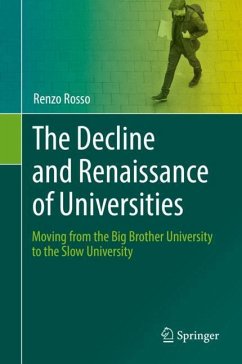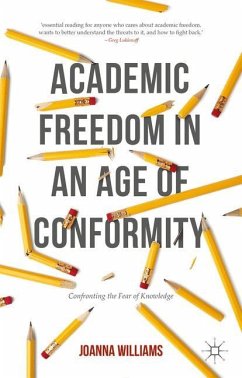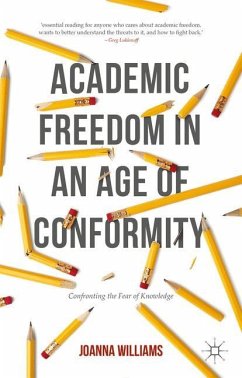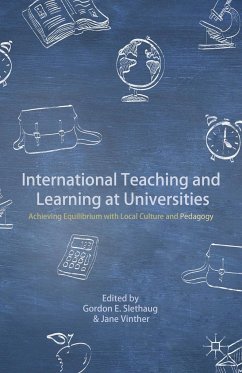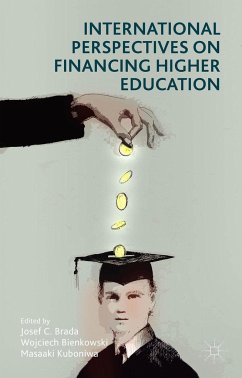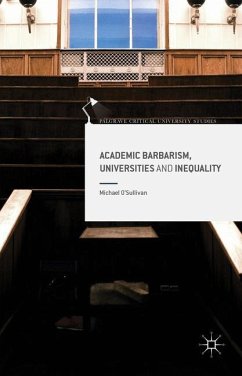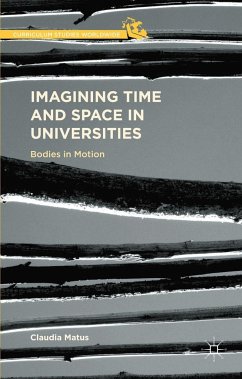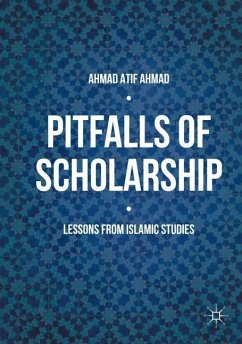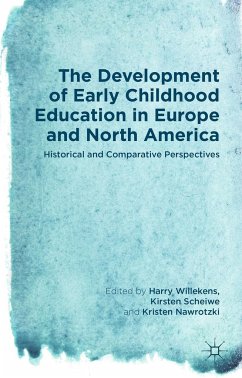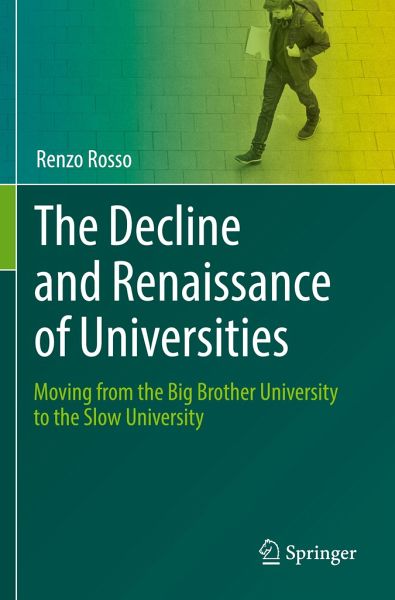
The Decline and Renaissance of Universities
Moving from the Big Brother University to the Slow University
Versandkostenfrei!
Versandfertig in 6-10 Tagen
23,99 €
inkl. MwSt.
Weitere Ausgaben:

PAYBACK Punkte
12 °P sammeln!
Instead of following the Magna Charta Universitatum, the declaration of the principles of knowledge signed in 1988 in Bologna, the academic approach pursued in Europe and the other continents over the past 30 years has strictly employed a utilitarian model of higher education. This jeopardizes academic freedom, shared governance and tenure, the three pillars of the long-established model of universities. Scientific conformism and fragmentation, educational bias and authoritarianism are the major drawbacks, together with a poor readiness to meet the emerging challenges in the labor market and t...
Instead of following the Magna Charta Universitatum, the declaration of the principles of knowledge signed in 1988 in Bologna, the academic approach pursued in Europe and the other continents over the past 30 years has strictly employed a utilitarian model of higher education. This jeopardizes academic freedom, shared governance and tenure, the three pillars of the long-established model of universities. Scientific conformism and fragmentation, educational bias and authoritarianism are the major drawbacks, together with a poor readiness to meet the emerging challenges in the labor market and technology. In this book, Renzo Rosso presents a new model for countering these developments, e.g. by establishing novel democratic rules for university governance. The Slow University paradigm positions culture and education as essential tools for the long-term survival of humankind.





